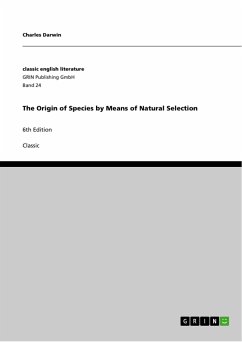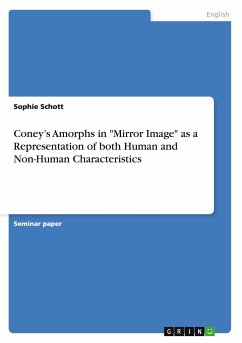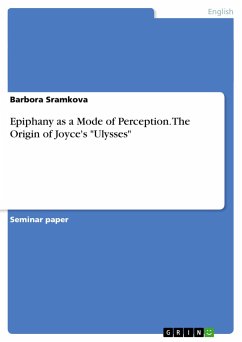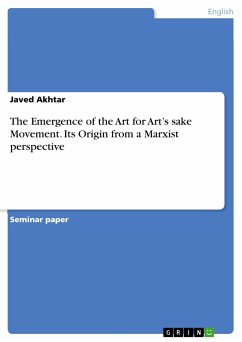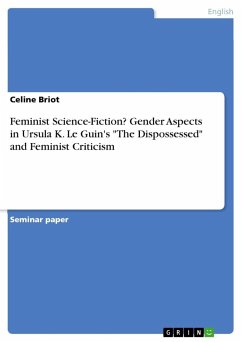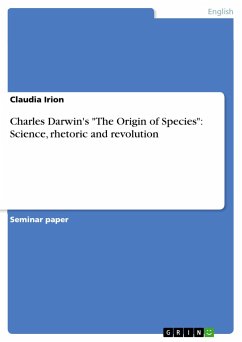
Charles Darwin's "The Origin of Species": Science, rhetoric and revolution

PAYBACK Punkte
0 °P sammeln!
Seminar paper from the year 2008 in the subject English Language and Literature Studies - Literature, grade: 1,0, Catholic University Eichstätt-Ingolstadt, language: English, abstract: "Only now can we appreciate in how many different ways the Origin departed from established concepts and how many new directions it opened up. Every modern discussion of man's future, the population explosion, the struggle for existence, the purpose of man and the universe, and man's place in nature rests on Darwin." With these words Ernst Mayr opens his introduction to the facsimile of the first edition of Dar...
Seminar paper from the year 2008 in the subject English Language and Literature Studies - Literature, grade: 1,0, Catholic University Eichstätt-Ingolstadt, language: English, abstract: "Only now can we appreciate in how many different ways the Origin departed from established concepts and how many new directions it opened up. Every modern discussion of man's future, the population explosion, the struggle for existence, the purpose of man and the universe, and man's place in nature rests on Darwin." With these words Ernst Mayr opens his introduction to the facsimile of the first edition of Darwin's The Origin of Species and thus outlines the dimensions of its significance and place in cultural history. The difference, which separates the book and its author from many other scientific works of similar importance, is the degree to which it has been brought up in public debates. Additionally, it was noticed that Darwin's success had also something to do with his talent as a writer: he made us see the world in a different light with figures of speech. But to claim that Darwin was a rhetorician is not to dismiss his science, but to draw attention to his accommodation of his message to the professional and lay audiences whose support was necessary for its acceptance. While the debate in natural sciences was largely over by the end of the 1940s, the cultural debate came up again. Catchwords like Social or Cultural Darwinism indicate the transfer of the biological theory to other spheres. Nowadays, most of the main religions have accepted the theory of evolution and promote a co-existence of scientific description and religious traditions. In the course of this essay, I will first attempt to shed light on the historical background, beginning with a short survey of evolutionary thought up to the publication of the Origin (I.1). In addition, I will have a closer look at Darwin and his work itself (I.2). In chapter two, Darwin is presented as a rhetorician and attention is drawn to the most amazing rhetorical figures he uses in his work (II.1). My aim is not to provide a comprehensive study, a task that is beyond the scope of this essay, and therefore certain aspects can not be dealt with and others will only be touched upon. In the end, the last part of this essay will be an attempt to introduce the reader to the reception of Darwin's theory (II.2). Certainly, this can only be a broad overview, focusing on major subjects as religion, science and the way in which Darwin's work was used to justify political and social concepts (II.2.2).




